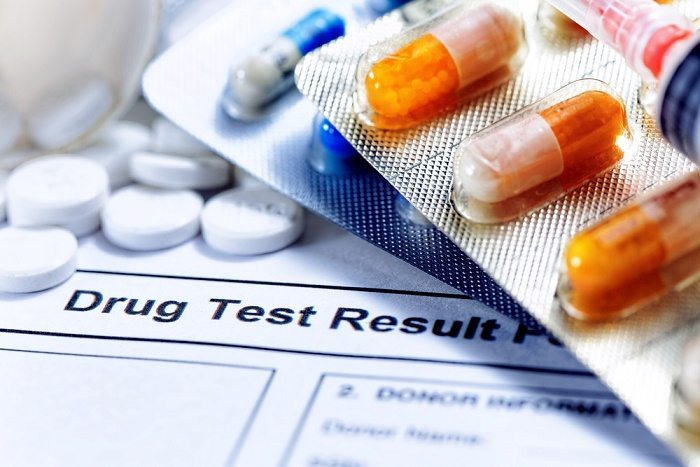Kansas Program to Drug Test Welfare Applicants Fails to Test Many Applicants
A Kansas program designed to test welfare applicants for drug use—supported by Republican Gov. Sam Brownback, who is known for boasting over enrollment cuts to the state's program for low-income families—has resulted in only 20 drug tests in the four months since it began.

A Kansas program designed to test welfare applicants for drug use—supported by Republican Gov. Sam Brownback, who is known for boasting over enrollment cuts to the state’s program for low-income families—has resulted in only 20 drug tests in the four months since it began.
When Brownback signed the law in 2013 that mandated drug testing for welfare applicants, he claimed that its purpose was to address drug addiction. “This is a horrific thing that hits so many people. What this effort is about is an attempt to get ahead of it and, instead of ignoring the problem, start treating the problem,” Brownback said.
Opponents of the law, however, say the drug testing regime violates civil rights, disproportionally affects people of color, and fails to achieve promised savings to taxpayers.
Since the program began on July 1, four of the twenty applicants tested positive for drugs and another five applicants refused to take the test, according to reporting by the Kansas City Star. State officials say that the number of applicants tested will increase once staffers are more familiar with the policy and process.
The state originally estimated that 1,852 people would be tested during the second half of 2014, and that the $2.1 million cost of the program would be offset by $1.1 million in savings from the 1,475 people who would be cut from the state’s Temporary Assistance for Needy Families (TANF) program.
The law mandates that the Department for Children and Families screen applicants for the TANF program, and any applicants who are suspected of drug use must be tested. Whether or not “reasonable suspicion exists” must be determined to require an applicant be drug tested.
Among the possible reasons that can be considered are visible drug use, loss of employment due to drug use, or recent drug-related arrest. Even applicants’ answers to a questionnaire that might signal drug use can be used to require a drug test.
If an applicant fails the first drug test, they must complete drug treatment and job training programs before they can receive TANF funds. A second failed test will result in the loss of benefits for one year, and a third failed test will result in a lifetime ban.
“The criteria that we established was done so in abundance of caution to protect the rights of our clients to ensure the criteria would stand up to likely court challenges we have seen happening in other states,” Theresa Freed, a spokeswoman for the Kansas Department of Children and Families, told the Kansas City Star.
Kansas is one of 11 states that mandate drug testing for low-income people seeking public assistance.
Brownback in a September campaign ad charged that his administration had cut welfare rolls in the state by half as the arch-conservative governor gutted public funding for myriad programs and extended massive tax cuts to the state’s wealthiest. A closer look showed Brownback had reduced the state’s welfare rolls by about 8 percent.
Brownback, who cruised to victory in November’s election despite policies that have left Kansas’ economy in shambles, has long opposed tax breaks for people living in poverty. His staffers have called those breaks “social engineering.”
Missouri has been drug testing welfare applicants since March 2013. In that time 655 applicants have been tested, resulting in just 69 positive test, according to analysis by the Kansas City Star. Another 711 applicants have refused the test.
In Tennessee, just one out of 802 welfare applicants tested positive since the state’s program was instituted on July 1. In Utah, only 12 applicants out of 466 tested positive in the state’s program from 2012 to 2013.
An analysis of similar drug testing law in Florida by the New York Times found that the program “resulted in no direct savings, snared few drug users and had no effect on the number of applications, according to recently released state data.”
